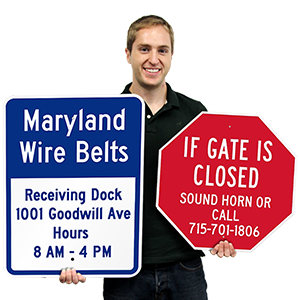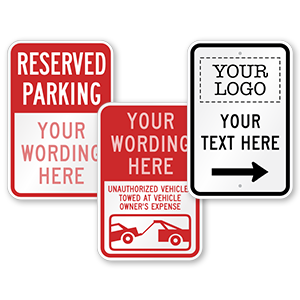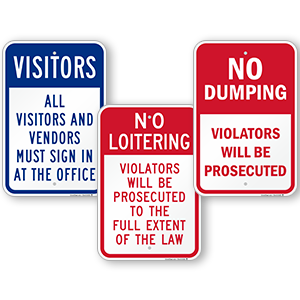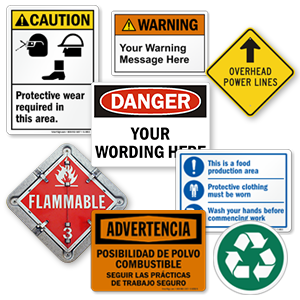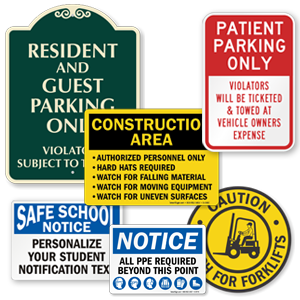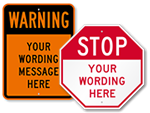Do I Need a Warning Sign for My Home?
You’ve bought a piece of real estate, inspected the property, and you’ve discovered that there’s something potentially dangerous on your property. Maybe it’s an unstable porch, or exposed wiring, or a part of your house that’s under construction.
What are your obligations to other people who come on your land?
Whether someone can sue you for injuries on your land depends on whether they’re a trespasser, or someone who’s there without an explicit contract (“a licensee”, like a party guest), or someone who’s on the property with your contractual permission (“an invitee”, like a contractor, or a customer).
Let’s start with trespassers. A trespasser is someone who’s on your land without your permission. A trespasser generally enters your land at their own risk. There’s three exceptions to this, though. First, if you know that there are trespassers crossing your property, you’re obligated to warn them of hidden hazards, but you’re not obliged to make the property safe. Second, if your property contains things that might attract trespassing children, it’s your obligation to make the property safe. (The classic example is a swimming pool.) Third, you can’t set deadly traps for intruders in the absence of an actual danger that justifies using lethal force.
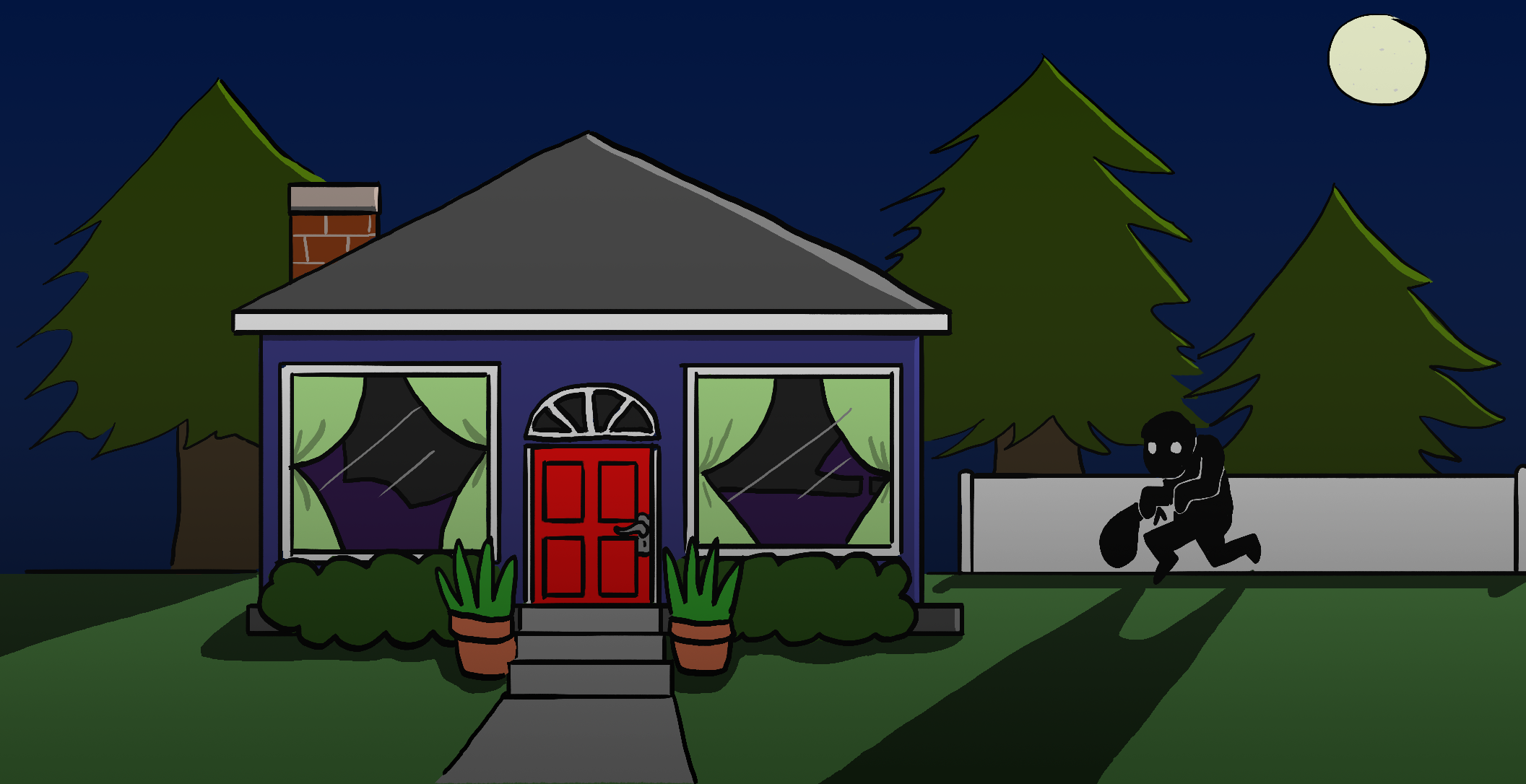
Then there’s licensees. Licensees are people who enter your property without a contractual relationship– party guests, for example, or emergency service workers. You’re obliged to warn them against known hazards, or to protect them against those hazards by taking safety precautions. (A note: Licensees don’t exist everywhere. Some states have abolished the distinction between licensees and invitees.)
Finally, there are invitees, people who enters your land for your benefit or to do business. This means people like a gardener, an electrician, or a customer. For invitees, your obligations are fairly simple: you should inspect the premises for hazards, and make the premises reasonably safe against those hazards. These hazards could be anything from high-voltage wiring, to wild animals, to unreinforced masonry in an earthquake zone. But you’re not required to protect against hazards that you had no way of discovering with a reasonable inspection of the premises. (A good example of this would be an unexpected sinkhole.)
Obviously, the safeguards you need to put in place depend on the hazard, and who you’re expecting on your property. The safeguards to protect against wild alligators in Florida are very different from the measures needed to protect a pool. And sometimes, there are very detailed regulations on what measures you need to take– if you have any questions, contact an attorney or an architect.

